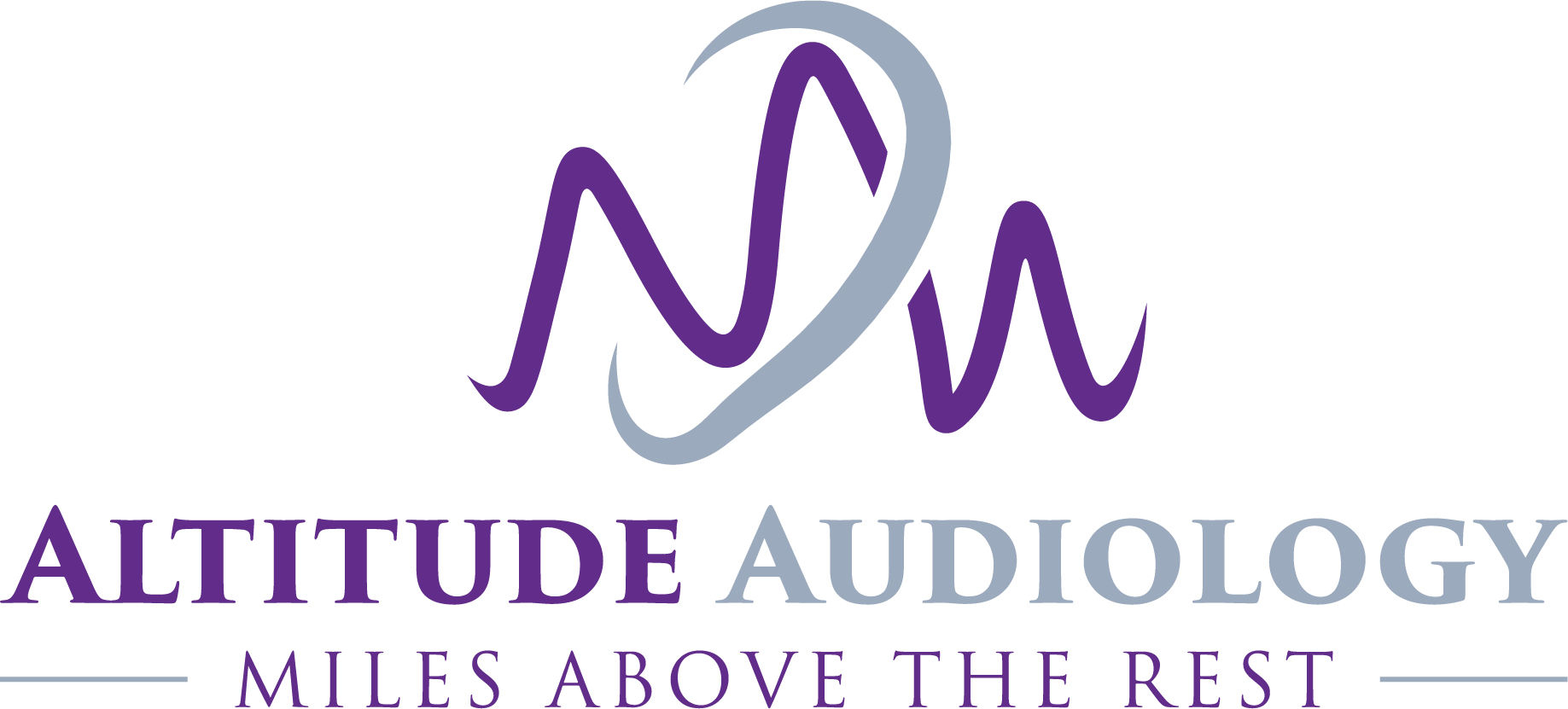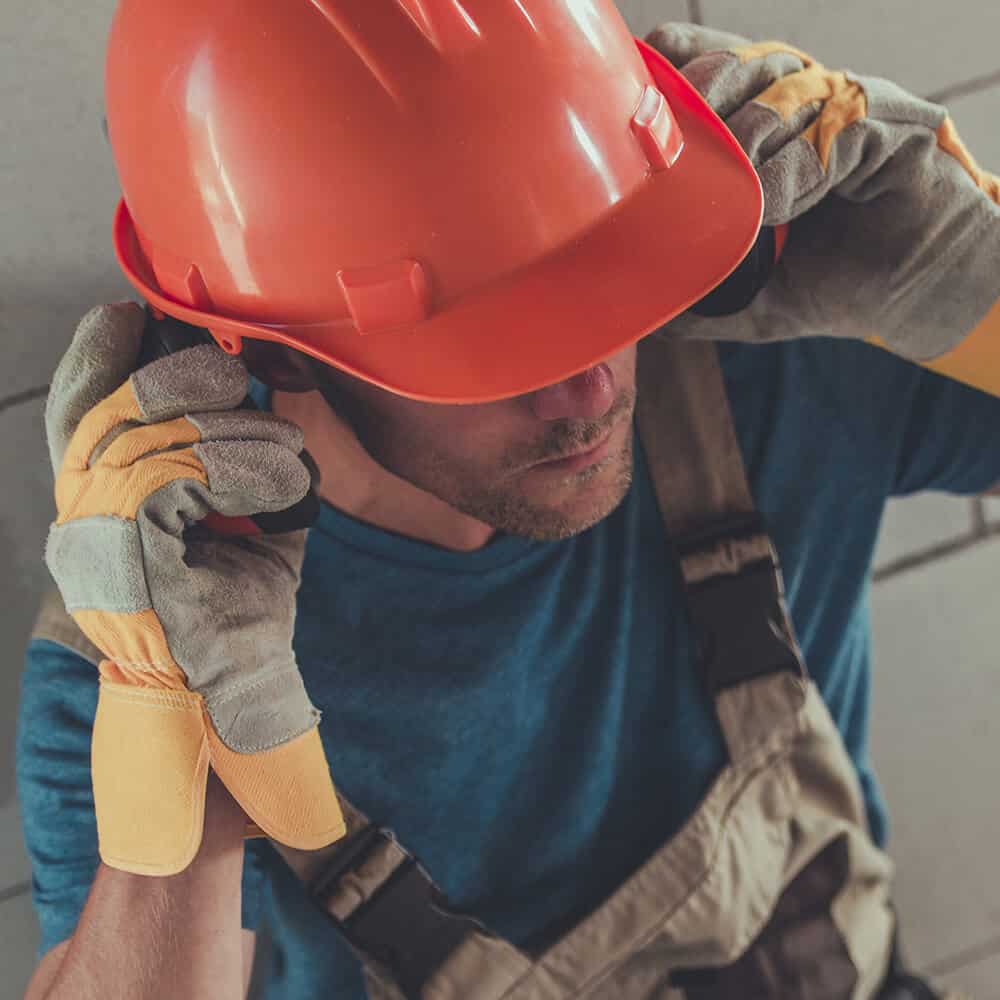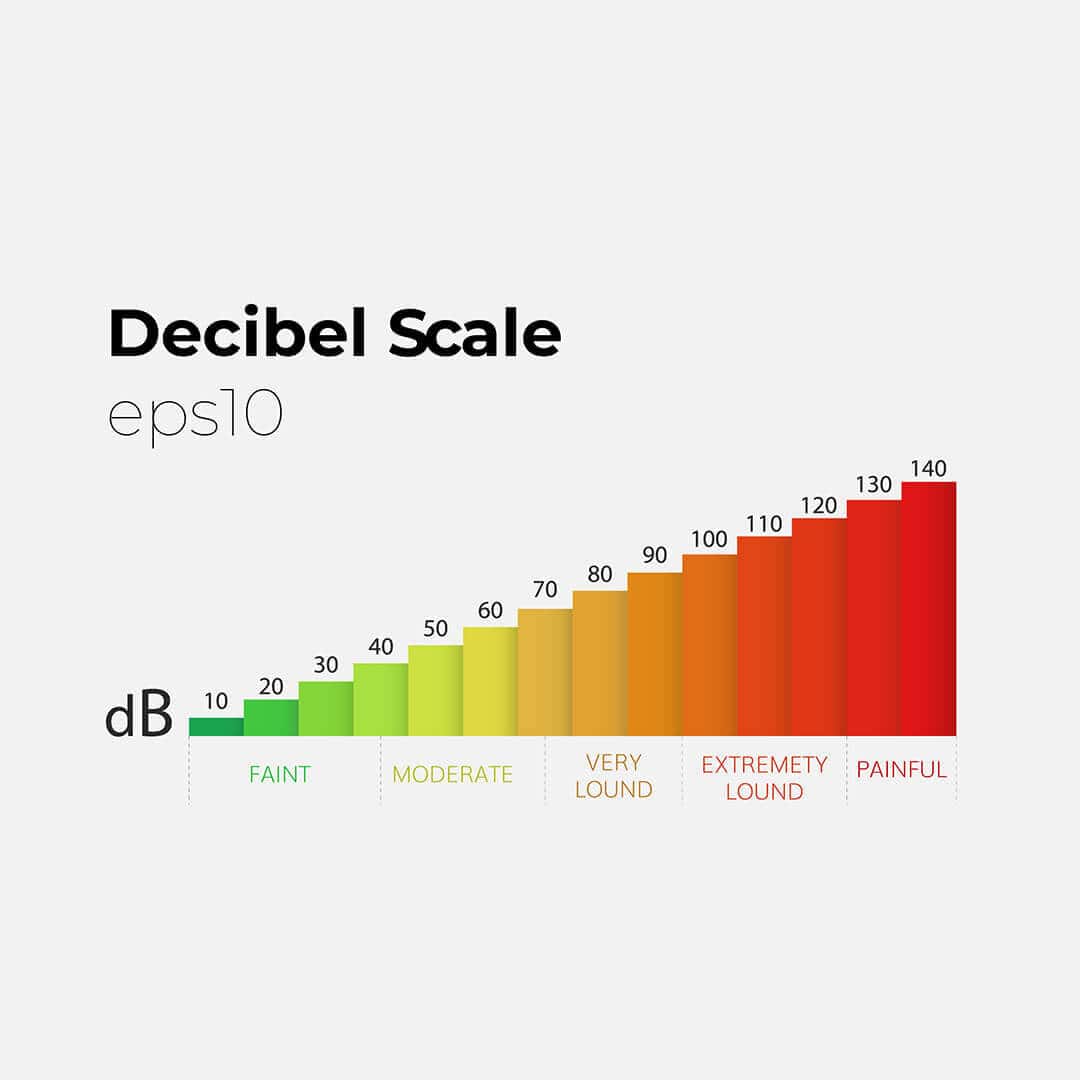Protect Your Hearing
Protecting your hearing is the best thing you can do to prevent hearing loss. Thousands of people damage their hearing every year due to unsafe listening practices at work or during very loud leisure activities, and face a life with reduced hearing. Hearing protection comes in a variety of shapes and sizes to suit every need, so whatever your listening environment you can keep your ears safe.
Noise Induced Hearing Loss
The culprit in many cases of hearing loss is noise induced hearing loss (NIHL). This is hearing loss caused by exposure to dangerously loud sounds in the environment around you that damage your hearing. NIHL can be a gradual process, and the sounds around you can slowly start to impact your hearing health. It can also be very sudden, and if you’re exposed to one extremely loud sound, you could experience hearing loss instantly.
Why Decibels Matter
Sound is measured in decibels (dB), and the higher the number the louder the sound. Any sounds louder than 85 dB are considered dangerous, and will hurt your hearing. To put that into some context, the volume of normal conversation is around 60 dB, and the sound of your kitchen appliances like the blender, is around 80 to 85 dB. Once sounds are louder than that, you’ll start to experience hearing loss.
Common sounds that damage hearing include:
- Operating lawnmowers and leaf blowers (85- 90 dB)
- Driving a motorcycle (95 dB)
- Traffic noise like a subway car, honking, or air brakes (100 dB)
- Personal listening devices at maximum volume (105–110 dB)
- Emergency sirens (120 dB)
- Fireworks and firecrackers (140 dB)
- Firearms fired at close range (140-150 dB)
Protect Your Hearing Health
Hearing protection comes in a range of products that are all appropriate depending on the listening environment. Make sure you have the right protection that matches the level of risk you’re facing and keep your hearing safe.
Foam Earplugs: Foam earplugs are the easiest kind of hearing protection to use. They’re inexpensive and light, and you can keep a few pairs in your bag for any emergency. They reduce the sounds around you by a few decibels, and are good for moderately loud sounds, like operating your leaf blower, or driving in heavy traffic.
Wax Balls: Wax balls are another inexpensive form of hearing protection. To insert the wax balls, rub them between your hands to warm them, then use the wax to create a seal over the ear canal. They form to the outside of your ear canal, and provide great hearing protection for moderately loud sounds.
Earmuffs: For heavy-duty hearing protection, earmuffs are the way to go. If you work on a construction site, airport runway, or near fireworks or firearms, earmuffs will create a strong seal around your entire ear, and keep your hearing safe from extremely loud noises. The soft ear cushion sits inside a heavy outer shell, and the headband creates tension to form a good seal and muffle the sounds around you.
Earmuffs are also recommended as the best hearing protection for children, since you’ll be able to easily see if they’re being worn correctly and will protect the delicate hearing of your little ones.
Digital Hearing Protection: If you’re a hunter, you’ve often been tempted to go out without your earplugs. You feel like they muffle too many of the sounds around you, and you can’t hear the quiet noises you have to hear if you’re going to make a hit. Digital hearing protection is the solution you’ve been looking for. Digital hearing protection scans the environment around you, and if all the sounds are within safe levels, you’ll be able to hear every sound clearly. When it detects an extremely loud noise, like the sound of your hunting rifle, it will automatically protect your ears from the loud burst of sound.
Digital hearing protection can also be worn comfortably on the jobsite, and you’ll be able to talk to coworkers without having to remove your earmuffs every time you need to make sure you’re all on the same page.
Have Questions for Altitude Audiology
Feel free to ask, click the button below to get answers.
Get in Touch Today

